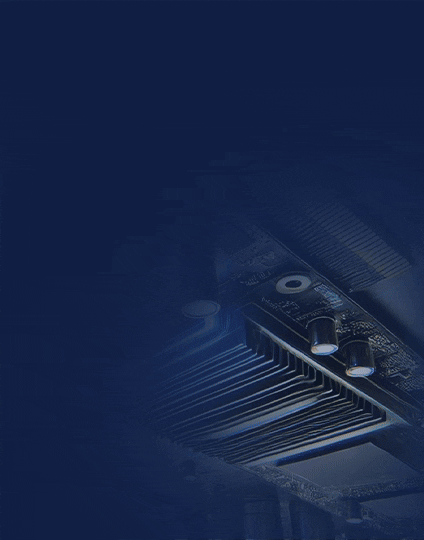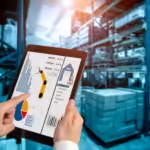FPGA Insights has engaged in an exclusive interview with Manjil Stephen Neopane, Ingénieur FPGA – Vérificateur at Elsys Design
Q1) Can you provide an overview of your organization and the services/products it offers?
I work at a cutting-edge technology firm that specializes in FPGA solutions. Our organization is involved in a diverse range of domains, spanning aerospace, aviation, nuclear, defense, electricity, automotive, and more. We provide comprehensive services and products tailored to each industry’s unique requirements.
Our expertise covers FPGA design, development, and integration, enabling us to deliver high-performance solutions that address complex challenges across various sectors. Whether it’s optimizing AI algorithms for autonomous vehicles or enhancing the efficiency of nuclear power systems, our team is dedicated to pushing the boundaries of FPGA technology to drive innovation and success in all these domains.
Q2) Can you explain the benefits of using FPGAs over other types of processors?
FPGAs offer benefits such as parallel processing, low latency, and customization. Unlike traditional processors, FPGAs can be reconfigured for specific tasks, leading to the efficient execution of specialized algorithms and acceleration of tasks like machine learning inference.
Q3) What are the most significant trends observed in the FPGA industry over the past year? How will these trends shape the industry’s future?
Over the past year, FPGA trends have included an increased focus on AI acceleration, growing adoption in edge computing, and enhanced integration of hardware-software design flows. These trends are likely to drive the industry’s future by enabling faster and more efficient processing in various applications.
Q4) How do you see FPGA development evolving to meet the demands of modern applications and complex workloads?
FPGA development is evolving through higher-level programming languages and tools that abstract hardware complexities. This evolution meets the demands of modern applications by facilitating quicker design iterations, easier optimization, and enhanced support for complex workloads like AI and data analytics.
Q5) Key drivers behind the increasing adoption of FPGAs in various applications and industries?
The increasing adoption of FPGAs is driven by their ability to accelerate specific workloads, achieve high energy efficiency, and provide flexible hardware customization. Industries like finance, healthcare, telecommunications, and automotive benefit by gaining competitive advantages in processing speed and energy consumption.
Q6) Sectors that stand to benefit the most from FPGA integration, and why?
Sectors like telecommunications (5G), automotive (autonomous vehicles), and data centers (AI inference) stand to benefit significantly from FPGA integration due to their need for high-performance, low-latency processing, and customization capabilities that FPGAs offer.
Q7) The role of FPGAs in accelerating AI applications and advancements expected in the near future.
FPGAs play a crucial role in accelerating AI applications through hardware acceleration of neural networks and other AI algorithms. Future advancements are expected in FPGA architectures optimized for AI tasks, enabling real-time inference and facilitating the growth of AI-driven technologies.
Q8) Ensuring the security and integrity of FPGA designs, especially in sensitive applications like finance and defense.
Ensuring security and integrity in FPGA designs, especially in sensitive applications, requires measures like secure boot processes, encryption of bitstreams, and hardware-level security features. Ongoing collaboration between FPGA manufacturers, designers, and security experts is crucial to addressing potential vulnerabilities.
Q9) Advice for students and professionals interested in pursuing a career in FPGA development to stay updated with the latest trends and technologies.
To stay updated on FPGA development, students and professionals can join online communities, attend conferences, and follow industry publications. Learning both hardware and software design aspects is essential, as is gaining experience in emerging trends like AI acceleration, high-level synthesis, and edge computing. Continuous learning and hands-on projects will enhance expertise in this evolving field.











